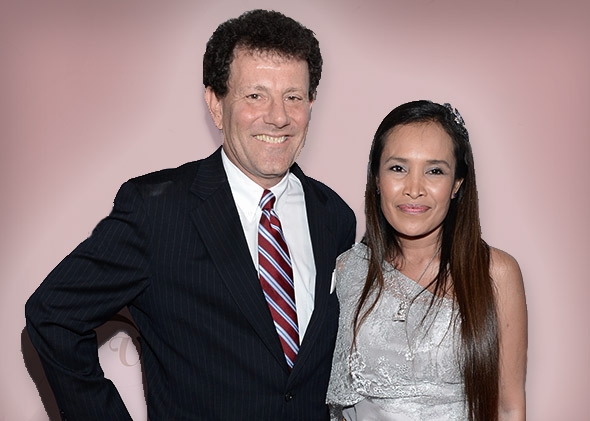The relationship between science and literary works has long been a subject of fascination and exploration, with copy writers drawing inspiration from scientific concepts and discoveries in order to craft compelling narratives this captivate readers’ imaginations. Through the portrayal of scientists because heroes or villains for the exploration of ethical dilemmas as well as philosophical questions raised through scientific advancements, fiction supplies a rich and diverse zoom lens through which to examine the complexities of the scientific enterprise.
On the list of central themes in the area of science and literature is the representation of professionals as characters in hype. Throughout literary history, professionals have been depicted in various characters, ranging from brilliant innovators as well as intrepid explorers to morally ambiguous mad scientists and also sinister https://concretesubmarine.activeboard.com/t68396251/hotel-management-from-distance-education/?page=last#lastPostAnchor villains. These portrayals often reflect societal behaviour towards science and experts, as well as broader cultural anxieties and aspirations surrounding scientific progress and technological progression.
Moreover, the representation connected with scientific ideas and aspects in fiction provides a system for exploring complex medical theories and ethical challenges in a narrative context. Scientific disciplines fiction, in particular, has long been any fertile ground for speculative exploration of future technologies, substitute realities, and existential questions raised by scientific enhancements. Writers such as H. R. Wells, Isaac Asimov, and also Arthur C. Clarke include crafted visionary narratives that push the boundaries involving scientific imagination and challenge readers to contemplate the consequences of scientific uncovering.
Furthermore, literary works usually grapple with the ethical implications of scientific research in addition to technological innovation, raising questions about the responsible use of scientific knowledge and the potential risks and also benefits of new technologies. Books such as Mary Shelley’s „Frankenstein“ and Aldous Huxley’s „Brave New World“ explore the moral and ethical dilemmas posed by medical experimentation and technological advancement, warning of the dangers of uncontrolled scientific hubris and the chafing of human dignity in the pursuit of scientific advancement.
As well as exploring the ethical dimensions regarding science, literature also offers information into the human experience of research inquiry and discovery. Internet writers such as Richard Powers, Farah Barrett, and Alan Lightman delve into the personal and mental lives of scientists, discovering themes of passion, preoccupation, and intellectual curiosity in which drive individuals to pursue scientific inquiry. Through nuanced characterizations and richly textured narratives, these authors illuminate our side of science, playing scientists as complex along with multidimensional individuals grappling with the joys and frustrations of discovery.
Moreover, the representation of science in literary works serves as a means of cultivating public engagement with research ideas and promoting technological literacy. By weaving medical concepts and principles straight into narrative storytelling, writers have the power to inspire curiosity along with ignite the imagination, motivating readers to explore the wonders of the natural world and the secrets of the cosmos. Additionally , literary works can serve as a bridge between the scientific community and the average person, fostering dialogue and connection between scientists and non-experts and fostering a dark appreciation for the value and importance of scientific inquiry.
In the end, the intersection of research and literature offers a abundant and fertile terrain to get exploration and discovery, putting together a platform for the representation of scientists, the exploration of medical ideas, and the examination of often the ethical and philosophical ramifications of scientific research. From portrayal of scientists as characters in fiction towards the exploration of scientific concepts along with discoveries in narrative storytelling, literature offers a unique lens through which to examine the complexities of the scientific enterprise as well as its impact on society and customs. As we continue to grapple with the challenges and opportunities of increasingly technological world, case study of science in literature remains essential for fostering debate, promoting scientific literacy, as well as enriching our understanding of our condition.




